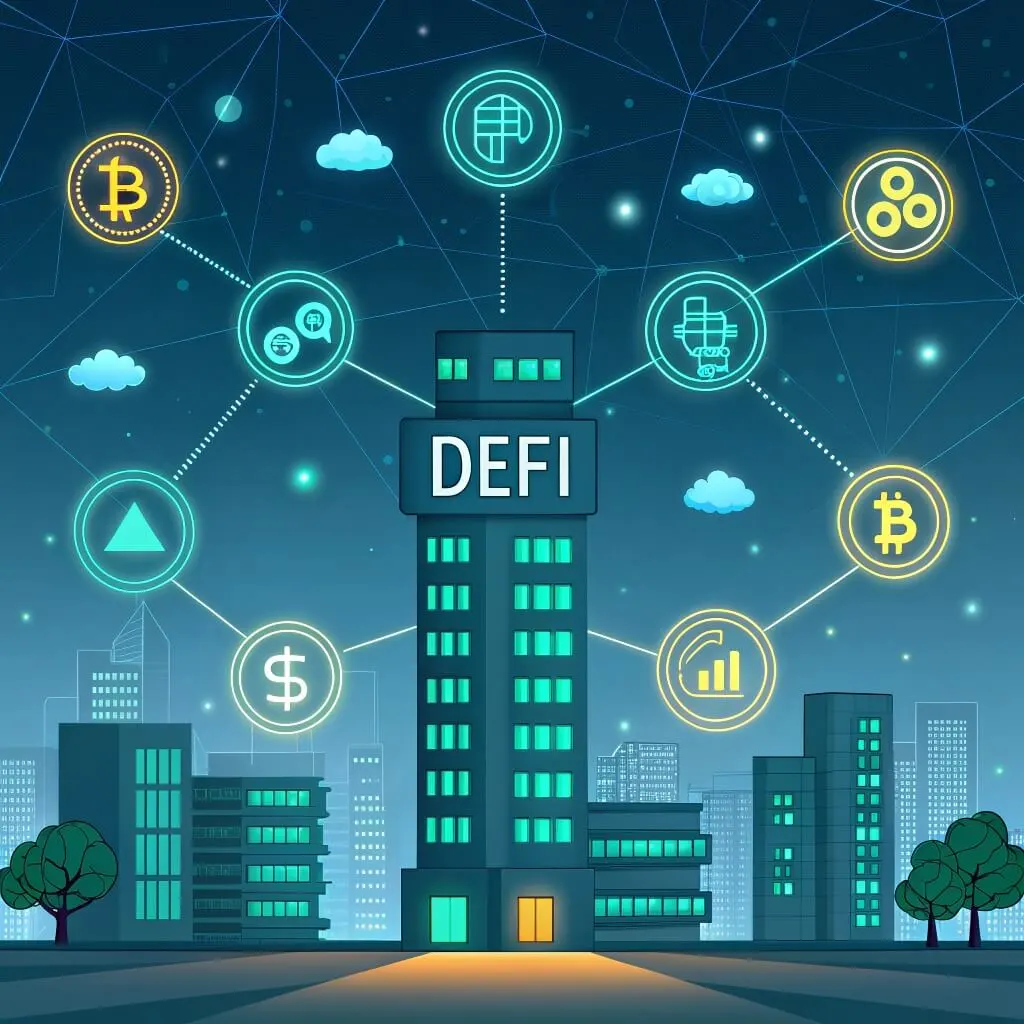Decentralized Finance (DeFi) has moved beyond a niche concept to become a transformative force in the financial industry. While the overarching benefits of transparency, accessibility, and reduced reliance on intermediaries are well-recognized, the true power of a DeFi platform often lies in its specialized features. These are the components that cater to specific user needs, drive engagement, and ultimately unlock real-world value. Engaging a skilled blockchain development company is often the first step in navigating the complexities of implementing these advanced functionalities.
Features defining DeFi
To stand out and provide tangible benefits, DeFi platforms are increasingly incorporating sophisticated features. Here are some that are shaping the future:
Staking pools and native tokens:
Staking pools are more than just a reward mechanism – they are integral to network security and governance in many DeFi protocols. By allowing users to lock up their native tokens, platforms incentivize participation and align user interests with the long-term health of the ecosystem.
The native token itself often serves multiple purposes: facilitating transactions, paying for platform fees, enabling participation in governance decisions (e.g., voting on proposals), and providing access to exclusive features or liquidity pools.
Unified asset management
The DeFi landscape can be fragmented, with users often interacting with multiple protocols and managing assets across various platforms. A unified asset management interface provides a much-needed solution, offering a centralized dashboard where users can seamlessly track, manage, and deploy their digital assets across the ecosystem. This focus on user experience is critical for mainstream adoption.
Cross-chain compatibility
The ability to interact with multiple blockchains is rapidly becoming a defining feature of advanced DeFi platforms. Cross-chain compatibility enhances versatility by enabling users to transfer assets, access liquidity, and utilize services across different blockchain networks. This interoperability is key to unlocking the full potential of the decentralized web.
Decentralized identity (DID)
DID solutions offer a secure and user-controlled way to manage digital identity on the blockchain. This is crucial for onboarding users to DeFi platforms in a compliant yet privacy-preserving manner. Users maintain control over their data, sharing only what is necessary for specific interactions.
Embedded compliance
As the DeFi space matures, regulatory considerations are becoming increasingly important. Integrating robust compliance tools, such as Know Your Customer (KYC) and Anti-Money Laundering (AML) checks, directly into the platform helps foster a trustworthy environment and ensures long-term viability. While seemingly counter to the “decentralized” ethos for some, pragmatic compliance is often necessary for broader acceptance and institutional participation.
The development of a truly impactful DeFi platform requires a deep understanding of these specialized features and how they can be tailored to meet specific market demands. By focusing on creating tangible value through innovative functionalities and a user-centric approach, the next wave of DeFi platforms can further revolutionize the financial landscape.
Conclusion
In conclusion, the evolution of Decentralized Finance (DeFi) is being propelled by the integration of specialized features that move beyond basic decentralization to deliver real-world value. Innovations such as staking pools, unified asset management, cross-chain compatibility, decentralized identity, and embedded compliance are redefining what modern DeFi platforms can offer.
These features not only enhance user experience and security but also bridge the gap between traditional finance and decentralized ecosystems. For developers and businesses, collaborating with experienced blockchain development firms is essential to navigate technical complexities and build platforms that are both innovative and scalable. Ultimately, by focusing on user-centric design and practical functionality, DeFi platforms can drive broader adoption and play a significant role in shaping the future of global finance.
